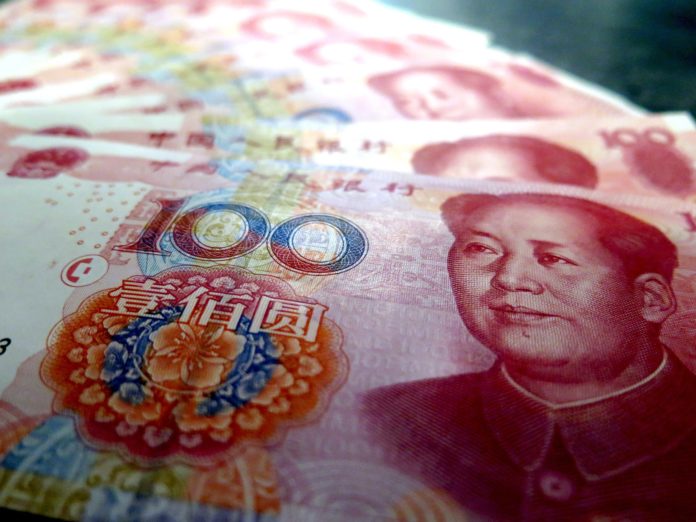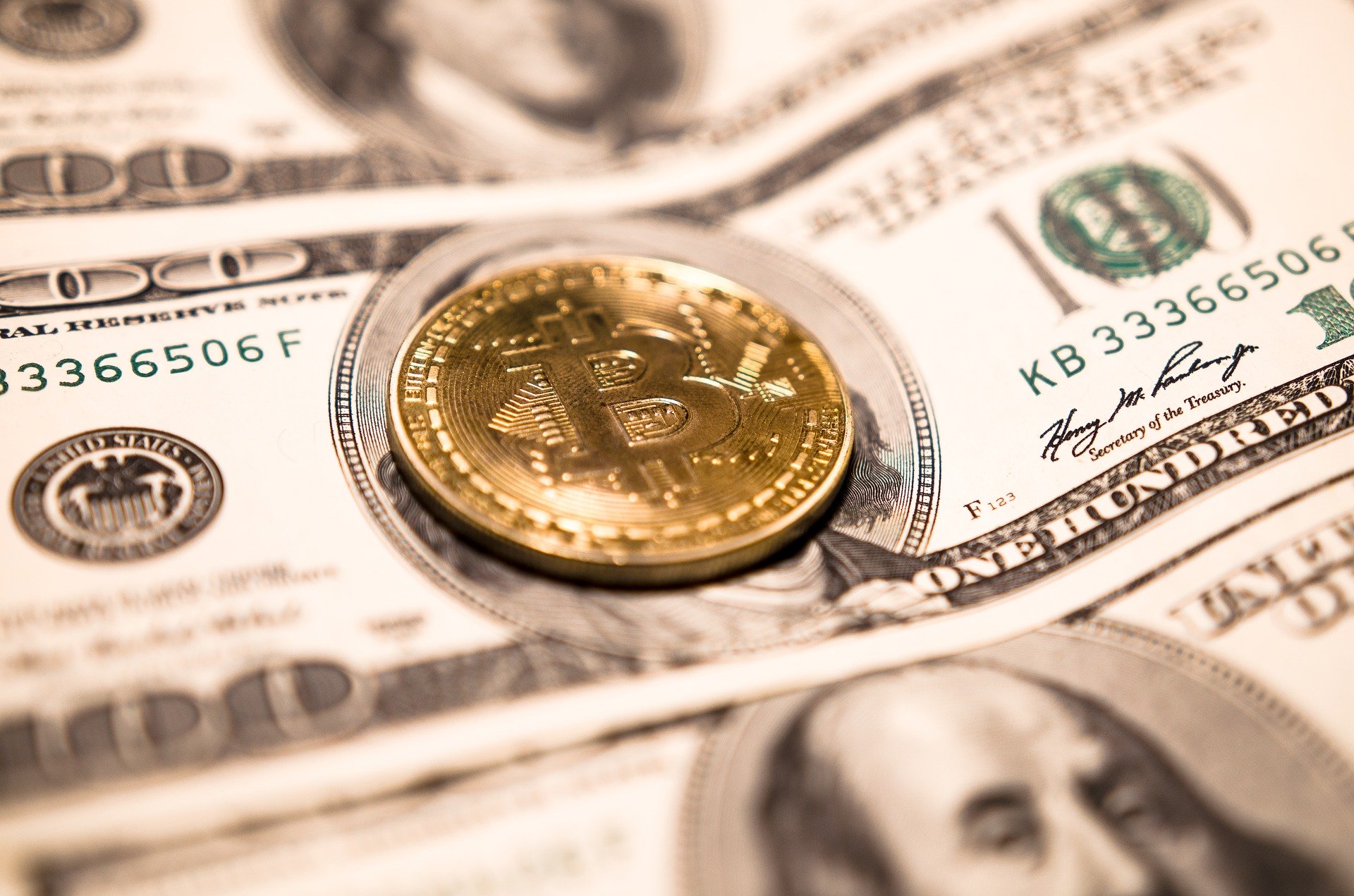The global financial architecture has leaped forward, with China testing its digital currency, the “digital Yuan” for the first time, after a research and development process that has lasted at least five years.
President Xi Jinping has always stressed the urgency of large-scale development of artificial intelligence and fifth-generation technologies, which he considered to be a new infrastructure.
The digital Yuan is a new financial infrastructure in itself, and it has enormous geopolitical implications for China and the world at large, and most importantly, its ability to avoid any sanctions imposed by the United States.
Writer Faisal Ahmed – in a report published by the US website “Modern Diplomatic” – says that digital currency differs from non-monetary payments, similar to those paid by credit cards or applications. In such a case, the settlement is made immediately, unlike non-monetary transactions in which the banks play the role of intermediary.
Expected Positive effects
Digital currency leaves a means of communication between devices through which information and payments can be exchanged, thereby eliminating the usual dependence on banks.
China can also use the digital Yuan in various stimulus and development assistance activities to direct financial transfers and investment in infrastructures such as the Belt and Road Initiative. A digital Yuan would improve China’s global competitiveness and its strong position in global negotiations.
This digital currency should be widely accepted in China, due to the sweeping mobile phone market in the country and its record of good financial integration.
These factors, along with the state-run system will help to broaden the base of the digital money system, as residents are already used to using apps like “Alipay and WeChatBay “and are likely to credit this digital currency without hesitation.
The author believes that the adoption of the digital Yuan will have major impacts on the Chinese economy and people, as it will help reduce costs and facilitate payments, and the People’s Bank will be able to monitor illegal payments and abuses.
A digital Yuan would help the government transfer any relief funds or direct stimulus packages to overcome the negative impact of Covid-19 on supply chains and livelihoods. Besides, the government is seeking to exchange the salaries of government employees with this digital currency.
The digital Yuan versus dollar
Currently, the U.S. dollar is a strong currency that is popular in terms of international transactions, with over 90% of transactions in the foreign exchange market, and this acceptance and confidence would give the U.S. a better trading position on the global financial markets.
But the United States, in turn, has used this ability to apply economic sanctions to gain geopolitical benefits.
For example, the IFC infrastructure forces banks to direct all dollar transactions around the world to the United States, which gives them a real ability to freeze transactions unilaterally, but there have been European calls for developing an alternative payment system to the World Financial Communications Interbank Association too.
The author notes that the test of the Chinese digital currency is now a threat to American financial domination, as it provides an alternative to the dollar, and if adopted successfully, this digital currency will help to withdraw the global financial markets from the dollar-based system, and will also help the Beijing government deal with any monetary turmoil.
Globalism with political motivation
Currently, the Yuan occupies a very small part of global payments and reserves, but as China is the world’s largest exporter, it is likely to push the global use of the digital Yuan among its trading partners and as part of the Belt and Road initiative.
With the ongoing Corona epidemic, the US financial infrastructure has become exposed. For example, operational problems have arisen in the transfer of funds from relief funds to their beneficiaries.
For this reason, it is necessary to improve the financial technology infrastructure to stimulate economic activities and therefore local growth. Indeed, the digital currency can provide more precision and transparency in such transactions; it can study specific sectors and provide selective relief plans for the areas and populations most affected in times of crisis or natural disaster.
The author stressed that the adoption of the digital currency would provide a new perspective for political interventions in difficult times, and the emergence of the digital Yuan will affect most economies, large and small, due to its historical dependence on the dollar-based financial system.
Countries should prepare for it by opting for digital payments, violating popular foundations, financial inclusion, and gradually reducing their dependence on the dollar.
Source: Modern Diplomacy

























